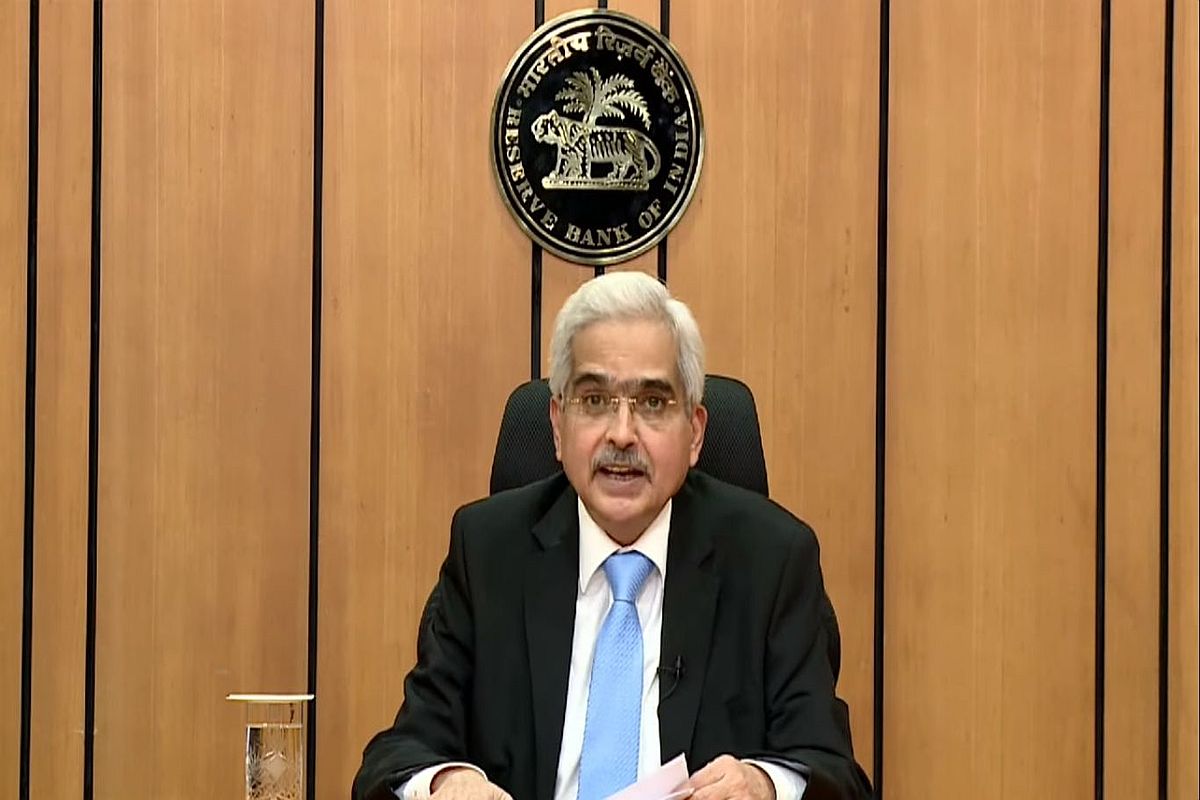Need for enduring partnership between RBI and Centre for macroeconomic stability: President
President Droupadi Murmu on Tuesday said the Reserve Bank of India (RBI) has emerged as one of the most critically…
Reserve Bank of India (RBI) Governor Shaktikanta Das Monday said the central banks must remain vigilant, adaptable, continuously assess risks and build resilience.
Statesman News Service | New Delhi | October 14, 2024 1:36 pm

Reserve Bank of India Governor Shaktikanta Das. (Photo: IANS)
Reserve Bank of India (RBI) Governor Shaktikanta Das Monday said the central banks must remain vigilant, adaptable, continuously assess risks and build resilience.
“They should remain prepared to navigate complex challenges, support sustainable growth, maintain price stability and promote sound and vibrant financial systems,” he said.
Advertisement
Addressing a conference in New Delhi, the Governor said, “As we navigate the high intensity tail events and black swans of the current decade, the lessons imbibed can well form the basis of our deliberations today to chart out a course for the future.”
Advertisement
He said the divergence in global monetary policies – monetary easing in some economies, tightening in a few, and pause in several other economies – can be expected to lead to volatility in capital flows and exchange rates, which may disrupt financial stability.
Secondly, the private credit markets have expanded rapidly with limited regulation. They pose significant risks to financial stability, particularly since they have not been stress-tested in a downturn, he said.
Further, the higher interest rates, aimed at curtailing inflationary pressures, have led to increase in debt servicing costs, financial market volatility, and risks to asset quality.
Stretched asset valuations in some jurisdictions could trigger contagion across financial markets, creating further instability.
“The correction in commercial real estate (CRE) prices in some jurisdictions can put small and medium-sized banks under stress, given their large exposures to this sector,” he said.
The interconnectedness between CRE, non-bank financial institutions (NBFIs), and the broader banking system amplifies these risks, he added.
The Governor said the Central bank digital currencies (CBDCs) is another area which has the potential to facilitate efficient cross-border payments.
“Programmability, interoperability with the UPI retail fast payment system and development of offline solutions for remote areas and underserved segments of the population, are some of the value added services which we are now experimenting as part of our CBDC pilot.”
Advertisement
President Droupadi Murmu on Tuesday said the Reserve Bank of India (RBI) has emerged as one of the most critically…
Reserve Bank of India (RBI) Governor Sanjay Malhotra on Tuesday said the central bank is working to improve the financial system by expanding access, improving efficiency, and strengthening resilience in a changing economic landscape.
Due to the end of the financial year, the Reserve Bank of India (RBI) has cancelled a scheduled holiday on March 31 to keep banks operational for year-end financial transactions.
Advertisement
